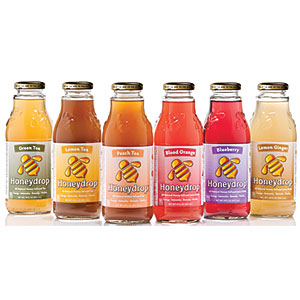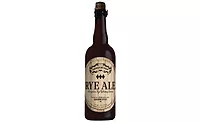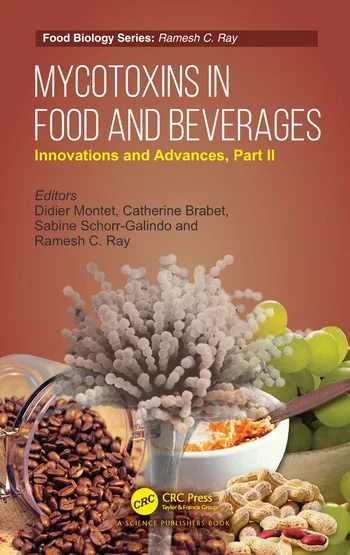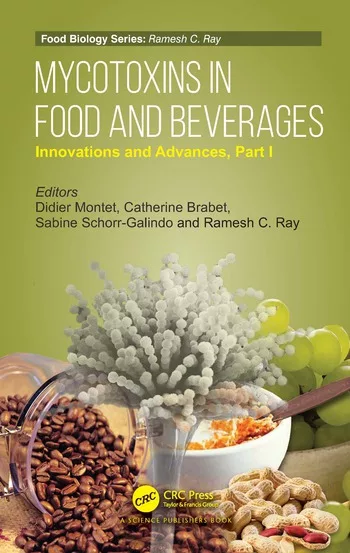Honey’s versatility boosts usage rates
Sweetness, natural image help honey find favor with consumers
In Walt Disney’s 1966 animated classic “Winnie the Pooh and the Honey Tree,” Pooh finds some creative ways to get his hands on his favorite treat: honey. Lucky

|
for beverage manufacturers, dressing up like a little black rain cloud is not a strategy they need to employ when sourcing a sweetener for their products.
According to the Netherlands-based Innova Market Insights, non-alcohol U.S. beverage launches that contained honey increased 49 percent from 2011 to 2012. Making up the lion’s share with 61.4 percent were concentrates and mixes, followed by juices and juice drinks, carbonates and iced tea each with 10 percent. Energy drinks and sports drinks accounted for 8.6 percent, the market research firm reports.
“In the juice and tea segments, honey is a natural fit, allowing processors to provide a sweet product while maintaining a clean label and a familiar ingredient,” says Catherine Barry, director of marketing for the National Honey Board, Firestone, Colo.
Additionally, dairy-based products are utilizing honey for its flavor and energy characteristics, she notes.
“In dairy beverages, honey is being paired with milk to satisfy consumer cravings for flavored products,” Barry says. “Honey also is being used to provide an energy component via its carbohydrate content to dairy products targeted at active individuals.”
Within the alcohol segment, honey has emerged as an ingredient source in the growth of flavored products in segments like whiskey and vodka and also has gained market share from some of their non-flavored counterparts, Barry says. According to Innova data, U.S. whiskey launches containing honey increased 220 percent from 2011 to 2012.
Furthermore, the craft beer segment has utilized honey for both flavor and sweetness, Barry says.
“Honey is a versatile and highly fermentable additive that adds sweetness, potency and lightness to beer, as well as providing an overall smooth flavor,” she says. “It pairs well with other ingredients, such as wheat and rye or can serve alone as the main flavor.”
In fact, the ingredient can be used in nearly every alcohol and non-alcohol beverage category, she says.
“Honey is the ideal sweetener for almost any beverage, as evidenced by the flood of new honey-containing products across all segments of the beverage category,” Barry says. “Processors are looking for creative ways to reformulate and rebrand their products to continue driving new sales, and many have turned to honey due to its consumer appeal and its versatility as a flavor and sweetener.”
Whether beverage manufacturers are using honey for its flavor or health-associated benefits, the ingredient has been shown to have consumer appeal.
“Beverage processors in almost every segment are using honey to sweeten their products,” Barry says. “But the ingredient delivers much more than just sweetness. Honey gives beverage processors an exceptional flavor profile and marketing boost, all in a natural ingredient that is familiar and welcoming to consumers.”
Citing National Honey Board data from a consumer survey to measure honey’s perception as a natural sweetener, Barry says that 96 percent of consumers reported that they consider honey to be a natural sweetener.
This natural association can be a complementing factor to the marketing aspects that honey can offer, she adds.
“Complementing honey’s marketability is its ability to deliver flavor and sweetness naturally,” Barry says. “Honey is honey. There are no other additives or ingredients used to make the sweetener. It’s made in a beehive, not a manufacturing plant.”
And those marketing aspects that Barry mentioned can be the biggest assets. when it comes to the ingredient, she adds.
“When beverage manufacturers use honey, the ingredient’s inclusion becomes key to the product’s marketing strategy, with ‘honey’ included in the name of the product and honey or bee imagery appearing prominently on labels, packaging and store displays,” Barry says.
But no matter which aspect of honey beverage-makers find favor with, Barry foresees a bright future for honey usage in this industry.
“We anticipate the continued launch of new products with honey as a main flavor component across all segments,” she says. “It’s the perfect sweetener for the beverage industry, allowing manufacturers to capitalize on consumer trends with a natural ingredient.”
Looking for a reprint of this article?
From high-res PDFs to custom plaques, order your copy today!







